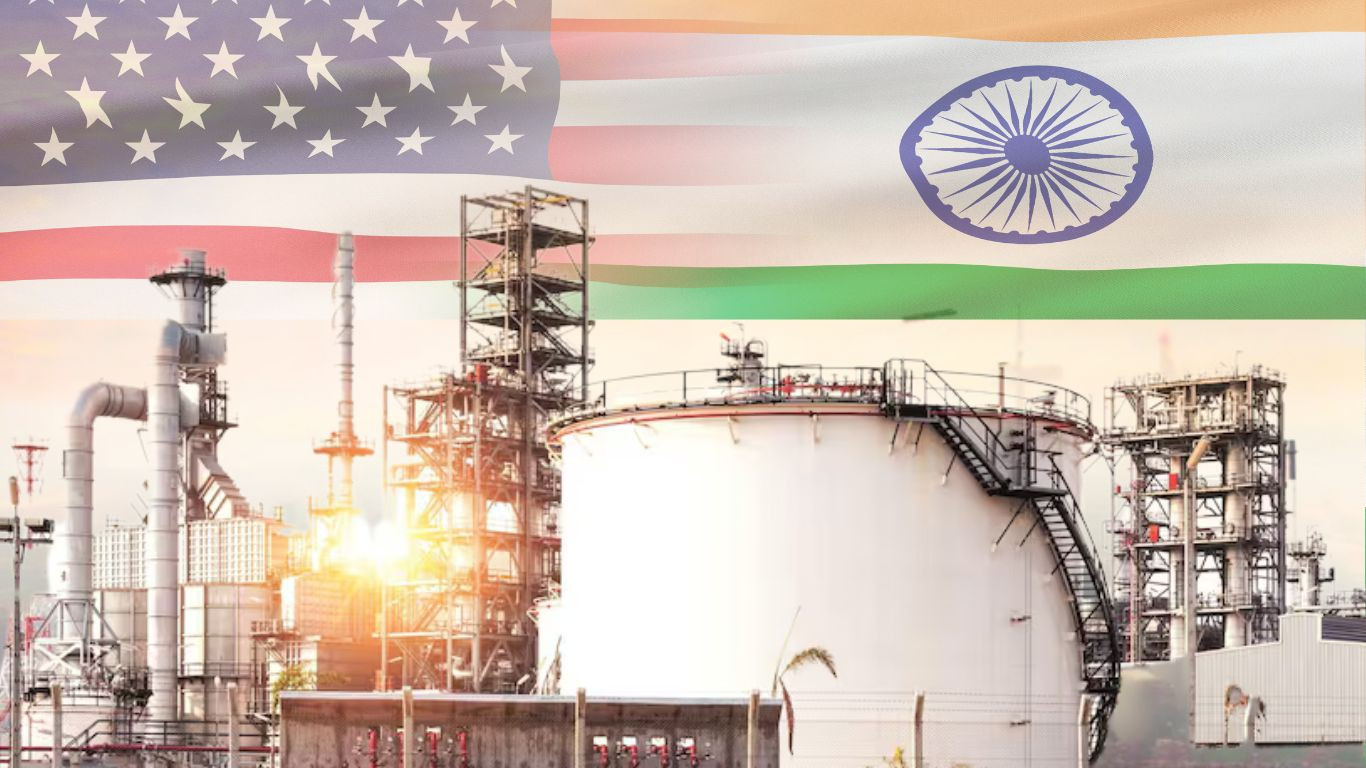Int'l Correspondent
Published:2025-02-26 00:57:28 BdST
US sanctions four Indian firms for aiding Iranian oil sales
As part of its “maximum pressure” campaign against Iran, the US has sanctioned four India-based companies, “for their role in brokering the sale and transportation of Iranian petroleum-related products”, a US government statement said.
“Among those sanctioned today are oil brokers in the United Arab Emirates (UAE) and Hong Kong, tanker operators and managers in India and People’s Republic of China (PRC), the head of Iran’s National Iranian Oil Company, and the Iranian Oil Terminals Company, whose operations help finance Iran’s destabilising activities,” a press release by the US Department of the Treasury on 24 February said.
Which Indian firms are on the list?
According to information from the US Office of Foreign Assets Control and the Department of State, the four Indian companies are Navi Mumbai-based Flux Maritime LLP, National Capital Region (NCR)-based BSM Marine LLP and Austinship Management Pvt Ltd, and Thanjavur-based Cosmos Lines Inc.
Three of these four companies have been sanctioned for being commercial or technical managers of vessels allegedly involved in transportation of Iranian oil and petroleum products, while one—Cosmos Lines—has been sanctioned for its alleged involvement in transport of Iranian petroleum.
Why the fresh sanctions?
“Iran continues to rely on a shadowy network of vessels, shippers, and brokers to facilitate its oil sales and fund its destabilizing activities,” said Secretary of the Treasury Scott Bessent. “The United States will use all our available tools to target all aspects of Iran’s oil supply chain, and anyone who deals in Iranian oil exposes themselves to significant sanctions risk.”
Because Iran is heavily sanctioned, many countries and firms don’t buy Iranian oil openly. However, the US has alleged, the trade still continues, through “shadow fleets”. “Sanctioned Iranian tankers rely on ship-to-ship transfers outside of jurisdictional port limits with non-sanctioned vessels to transport petroleum to foreign customers, obfuscating the oil’s Iranian origin,” the statement says. This money is then used for “regionally destabilising activities of Iran’s military and its proxy groups,” the statement claims.
And what are sanctions?
Sanctions basically restrict or entirely scrap the economic relations between the entity applying the sanctions and the one they are being applied on. Sanctions can take the form of import or export ban, refusal to trade, freezing of assets, ban from using banking systems and currency of a country or group of countries, etc.
According to the Council on Foreign Relations, “Sanctions may be comprehensive, prohibiting commercial activity with regard to an entire country, like the long-standing US embargo of Cuba, or they may be targeted, blocking transactions by and with particular businesses, groups, or individuals.”
The US, for example, has imposed sanctions on a host of countries, including Iran, North Korea, China, etc. Russia, after the breakout of the Ukraine war, became the most sanctioned country in the world.
Apart from individual countries, the UNO also imposes economic sanctions, after they are approved by its Security Council. The European Union (EU), too, has a mechanism for imposing sanctions.
While sanctions act as a tool of punishment or pressure tactic on the country or entity they are being applied to — the logic being that economic losses will force it to reconsider its moves — their efficacy has been debated. Critics have pointed out that targets can easily find ways to circumvent sanctions, and enforcing them hurts the other party too.
For example, Russia’s economy has not been derailed despite heavy Western sanctions, as other countries, such as India and China, continue to trade with it. When an international organisation like the UN imposes sanctions, it has no means to enforce it, and that is left to individual member countries. Also, if a country were to ban imports from another country, its industries that need the imports also suffer.
Unauthorized use or reproduction of The Finance Today content for commercial purposes is strictly prohibited.


